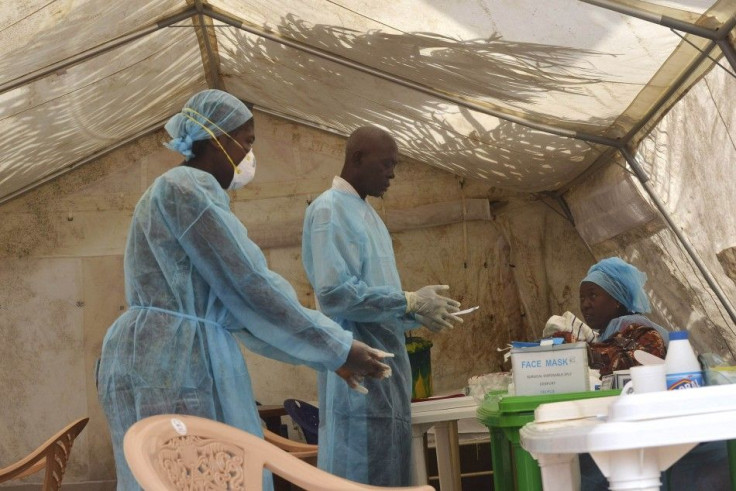Ebola Outbreak Traced to African Toddler in Guinea; NZ Airports Impose Ebola Screening

The Ebola virus outbreak has prompted New Zealand border officials to screen anyone arriving from West African countries with infected patients. The deadly virus has claimed the lives of nearly 1,000 people.
Reports said New Zealand airports were on the lookout for possible cases of Ebola and anyone who has visited Liberia, Sierra Leone and Guinea in the last three weeks. Airport customs officers were tasked to question suspected passengers if they are suffering from symptoms. If they gave a positive answer, airport officials will put them in isolation until doctors can examine them.
The New Zealand Ministry of Health said symptoms of Ebola virus include muscle pain, intense weakness, nausea, headache and sore throat. The virus will then cause diarrhea, vomiting, internal and external bleeding.
New Zealand's Ebola screening policy began on August 10. Public Health deputy director Dr Fran McGrath said the screening policy was in line with the same health measures imposed in Australia. Authorities added the screening was only an additional precaution since Africa does not have direct flights to New Zealand.
The United Nations has recently declared the Ebola virus outbreak an international health emergency.
Ebola virus traced to African toddler
The recent Ebola virus outbreak has been traced to a 2-year-old African boy who died last Dec. 6, a few days after getting sick in his village in southeastern Guinea. According to scientists, Gueckedou, the boy's village, is located in the middle of Sierra Leone and Liberia. Researchers said that was where the virus had found its pathway into the region.
A week after the boy's death, his mother, his 3-year-old sister and grandmother also died Reports said all of them had suffered from diarrhea and vomiting but no one could tell what made them sick.
Two people who mourned the deaths of the family were infected and brought the virus to their own village. One health worker infected a colleague including his doctor. All of them infected their relatives from other towns. Scientists said by the time Ebola was first spotted in March, several people had already died in eight villages in Guinea. The virus then spread to Liberia and Sierra Leone.
The WHO and UN said a vaccine for Ebola virus will be ready by 2015.




















